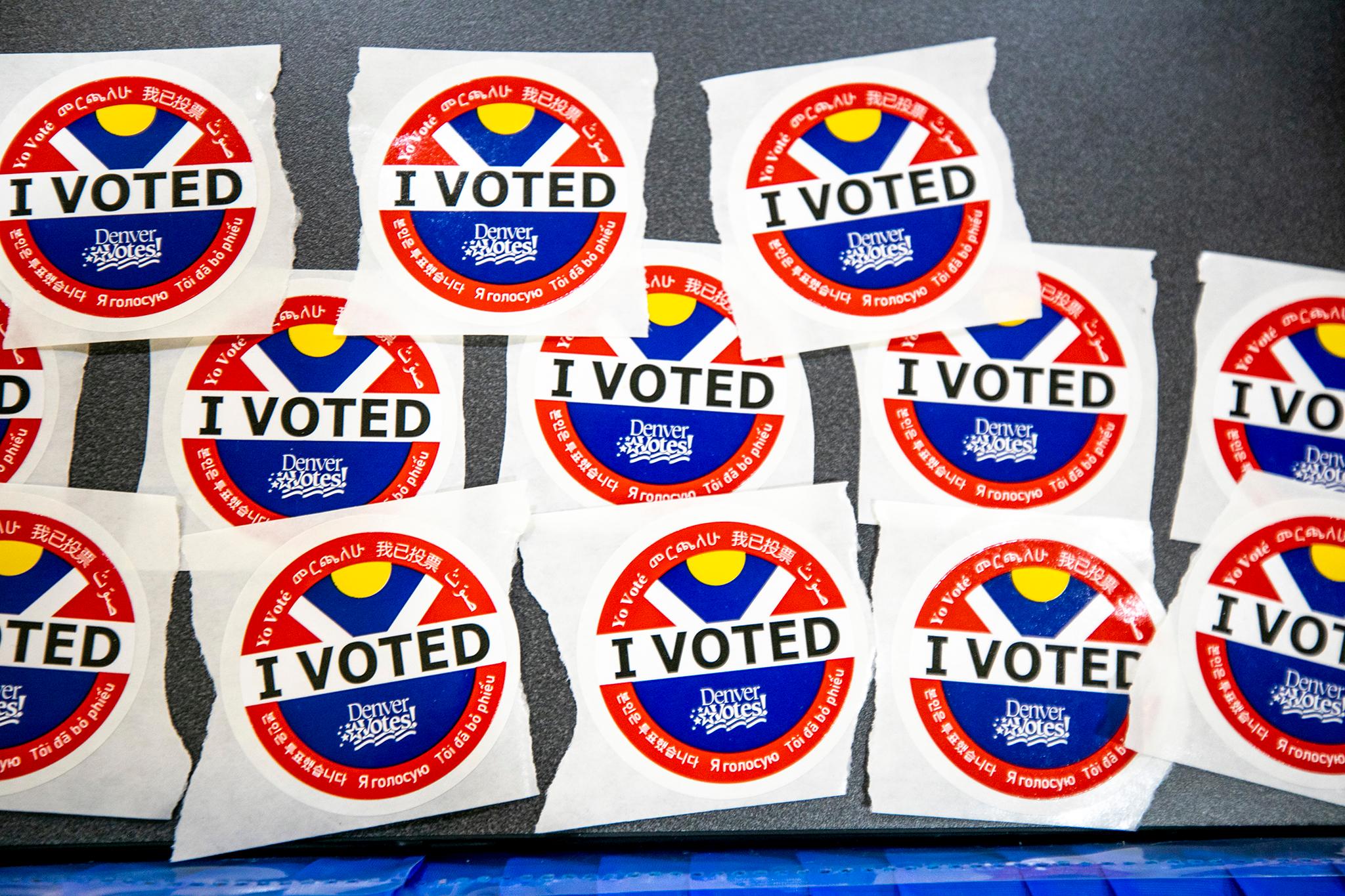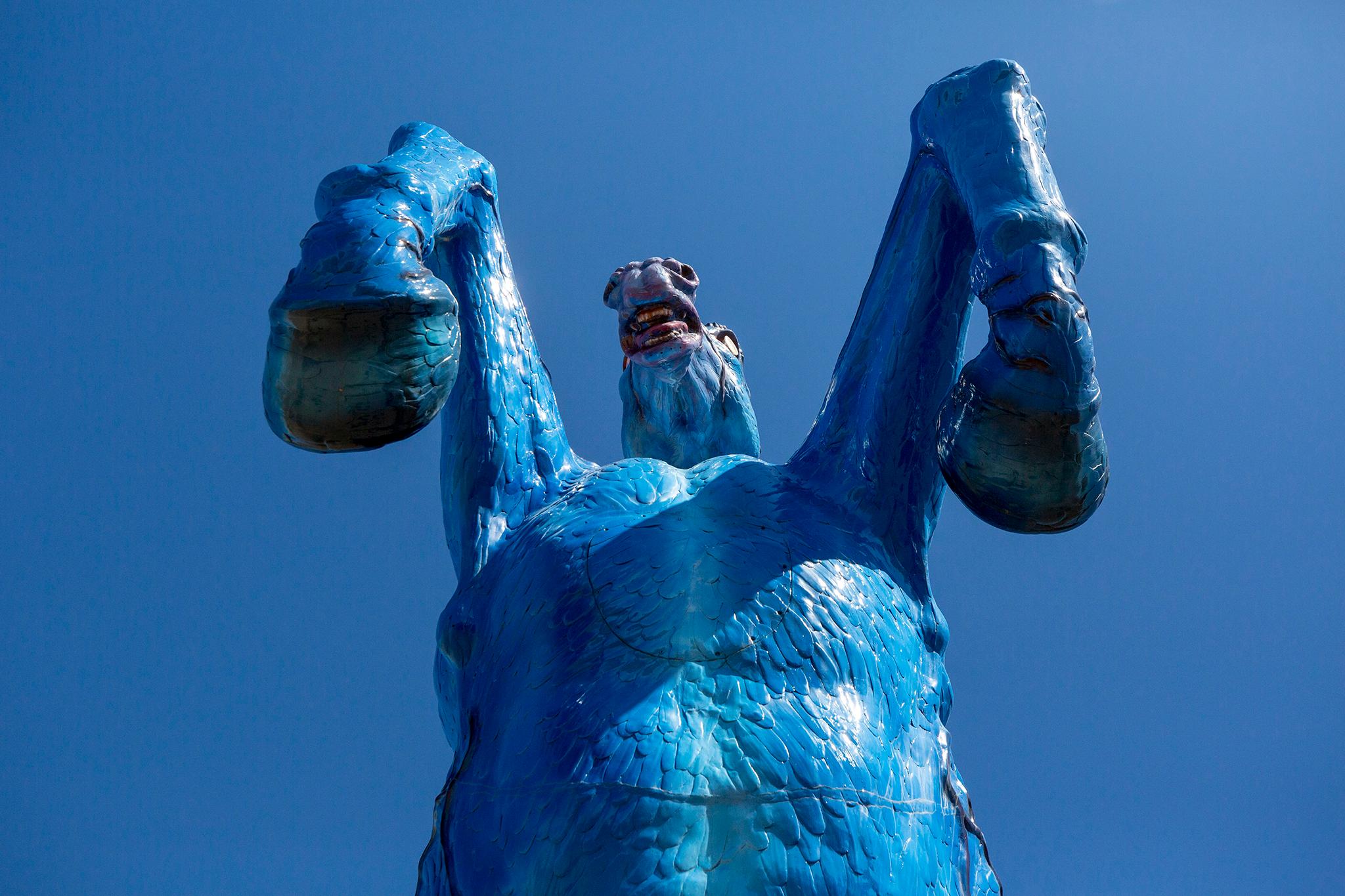Updated at 6:18 p.m. on Monday, June 24, 2024
Campaign finance reforms are coming next election cycle after City Council unanimously approved proposed changes Monday.
The bill now heads to Mayor Mike Johnston’s desk.
The bill aims to improve transparency and accountability around campaign donations, including how the city investigates violations and deals with anonymous donations.
Additional changes could be coming to Denver’s Fair Election Fund, which matches campaign donations with public dollars. City Council’s Budget and Policy Committee met Monday to discuss potential reforms, but did not outline or move forward with any specific policies just yet.
Our original story continues below.
The Denver Clerk and Recorder’s office hopes to strengthen its ability to investigate campaign finance violations and make campaign contributions more transparent come next election cycle.
Clerk and recorder staff presented Tuesday on a bill reforming city campaign finance policy to City Council’s Finance and Governance Committee.
“This bill seeks to clarify just a lot of administrative fixes in campaign finance,” said Clerk and Recorder Paul López on Tuesday.
One part of the bill would reform the finance complaint process.
The ordinance would give the Clerk and Recorder’s office authority to dismiss uncredible complaints. Currently, the office has to look into everything submitted.
“Even if someone put in, ‘I don’t like this person,’ we had to start that process,” said Andy Szekeres, chief deputy city clerk.
The city would also be able to initiate a complaint, rather than waiting for a resident to submit one.
The bill would also give staff the ability to levy fines against people who do not respond or comply with complaint investigations, without having to go to a hearing officer, which is a longer and more expensive process.
The proposed changes also increase transparency around campaign contributions.
Independent expenditure committees can spend money on behalf of or in opposition to a candidate. But unlike with candidate campaigns, independent expenditures do not have to name a representative behind the committee, potentially hiding donors.
This bill would change that, requiring the name and contact information of a filing agent. Organizations making campaign expenditures would have to include owners, a business address and tax status.
The proposal also standardizes reporting requirements, so that any group that receives at least $50 from a donor must report that donor’s name, address and employer.
“The goal of our bill is just to increase transparency across the board,” Szekeres said.
Changes could also be coming for the Fair Elections Fund.
New to the 2023 Municipal Election, the Fair Elections Fund matches private donations with public dollars.
The campaign finance reform bill would require candidates taking public money to take out and pay back any campaign loans before they get Fair Elections Fund payments.
The program expects candidates to return any unspent money. This bill would standardize that process, requiring candidates to return unspent funds within 60 days of their candidacy ending — regardless of if they drop out, fail to make a ballot or the run off, or get elected to office.
The Clerk and Recorder’s office would also get enhanced authority to fine candidates if they fail to return money on that timeline.
The bill would also shorten the timeline that former candidates can keep their campaign committee open, from nine years to four years (or one full election cycle after the original campaign). Szekeres said this change aims at improving record keeping and preventing former candidates from spending campaign money many years after running for office.
City Council unanimously passed the bill out of committee on Tuesday. Full Council will vote on the bill in the next few weeks.












